| 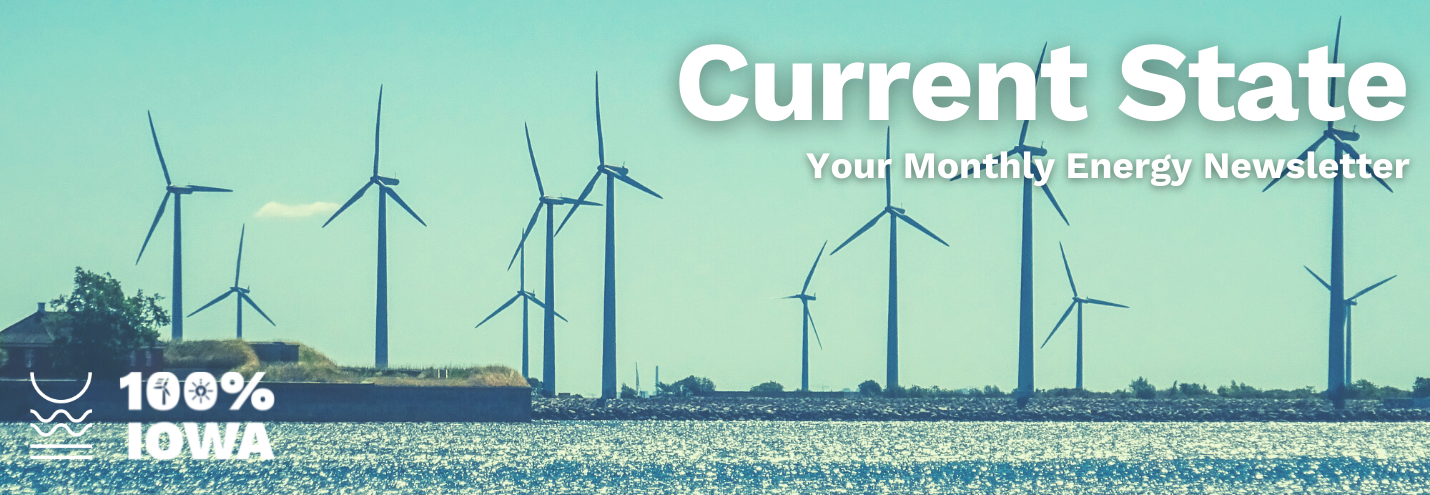 | One year after Texas freeze, Iowans are still paying for our dependence on fossil gas and its unstable pricing By Kristen Weaverling, IEC's Energy Communications Coordinator This time last year, Iowans were beginning to reckon with the broader implications of the record cold weather event in Texas. The massive power outage that resulted sent shockwaves throughout the state of Texas, into Iowa, and beyond, highlighting significant shortcomings in our country’s energy infrastructure and its reliance on methane gas. While investigations later revealed that all energy sources—coal, gas, diesel, wind, nuclear, and hydropower—were affected by the event, renewable energy received the brunt of the blame in the moments that followed. A year later, we know this to be untrue. In fact, according to the report released by the Federal Energy Regulatory Commission, renewable energy represented just 23% of the states’ energy outages at the time, and natural gas and coal were responsible for an incredible 73% of the outages (55% and 18% respectively). Iowans can attest that wind energy can provide reliable and affordable electricity in the winter months, so long as the turbines are equipped with winterization measures. It didn’t take long for Iowans to recognize that the event wasn’t isolated to the South. While Iowa didn’t suffer from the same outages, the artic event meant supply disruptions to Iowa and customers are still paying for the resulting price spikes today. These supply hikes were passed onto many customers as increases on our heating bill today and in the future. Natural gas prices historically fluctuate much more than electricity prices. Leading into the 2021-2022 winter season, the U.S. Energy Information Administration (EIA) warned that natural gas expenditures in the Midwest were expected to rise by a jarring 45% compared with last winter, the largest increase of any region. While Iowa’s investor-owned utilities aren’t allowed to profit from these markups, they do pass these price increases directly onto customers instead of absorbing any of the cost themselves. This trend, compounded with last year’s event, means hefty and burdensome gas bills for customers. A changing climate means that more of these extreme weather events, like the one experienced last February, will continue and even escalate. Power outages are disproportionately dangerous for vulnerable populations, and the continued dependence on a volatile energy resource means unpredictable bills for us all. With electric heating technologies plummeting in cost and becoming increasingly viable in cold weather climates, it’s time to cut ties with fossil gas and turn to clean, reliable, and affordable renewable energy. |
| | | 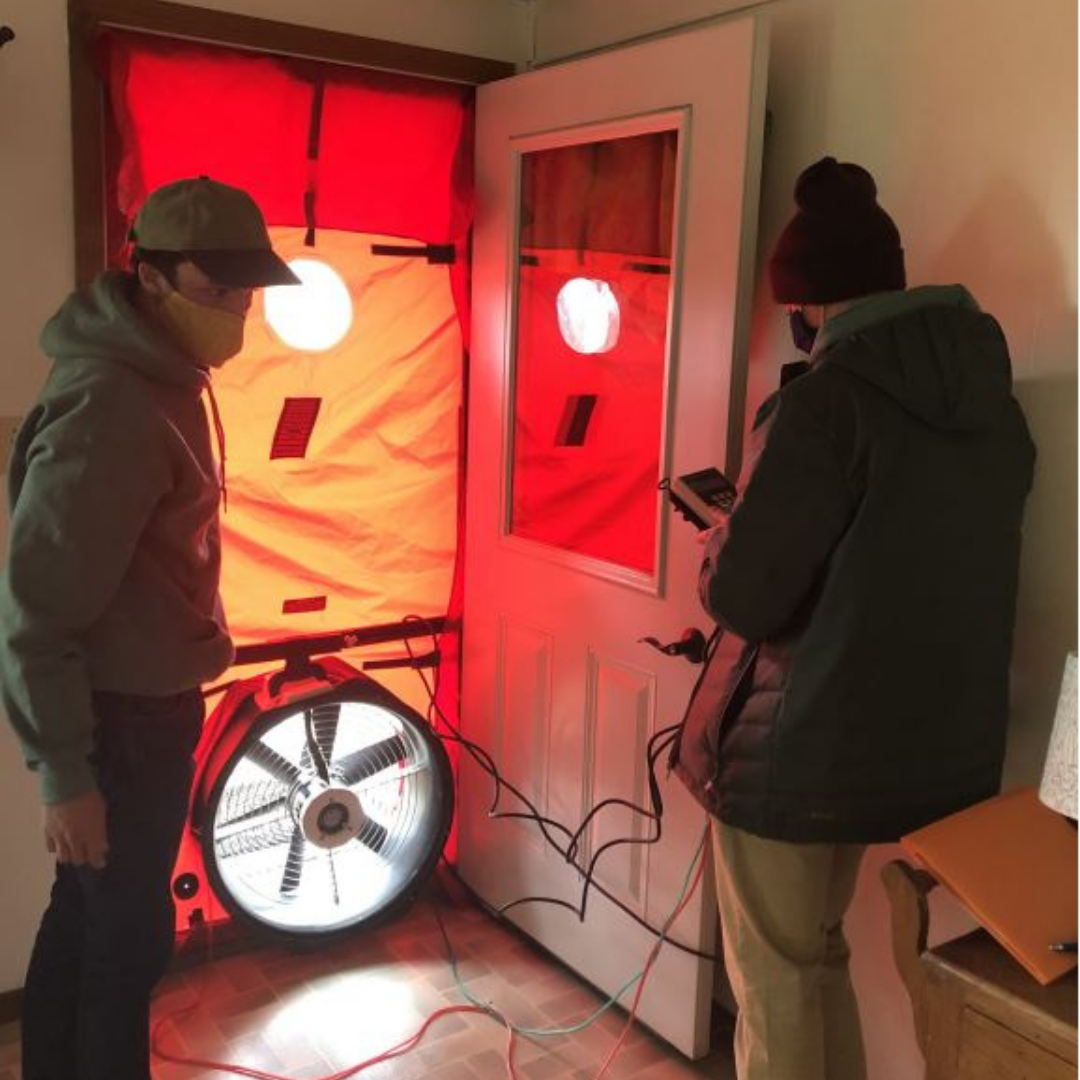 | High energy bills? Green Iowa Americorps can help with that, and more |
| Green Iowa AmeriCorps, which operates out of The University of Northern Iowa's Center for Energy and Environmental Education, is in its thirteenth year of existence. During this time, the group has provided vital programming and services, that have helped Iowans statewide reduce their energy consumption and save on their energy costs. In the past three years alone, the service program has hosted thousands of educational programs and presentations that have reached more than 15,000 Iowans, conducted 2,310 community outreach projects, and performed a total of 2,250 home energy performance audits. Green Iowa AmeriCorps team member Josie Flatgard shared an overview of the program's services and accomplishments with us in a recent guest blog. |
|
|
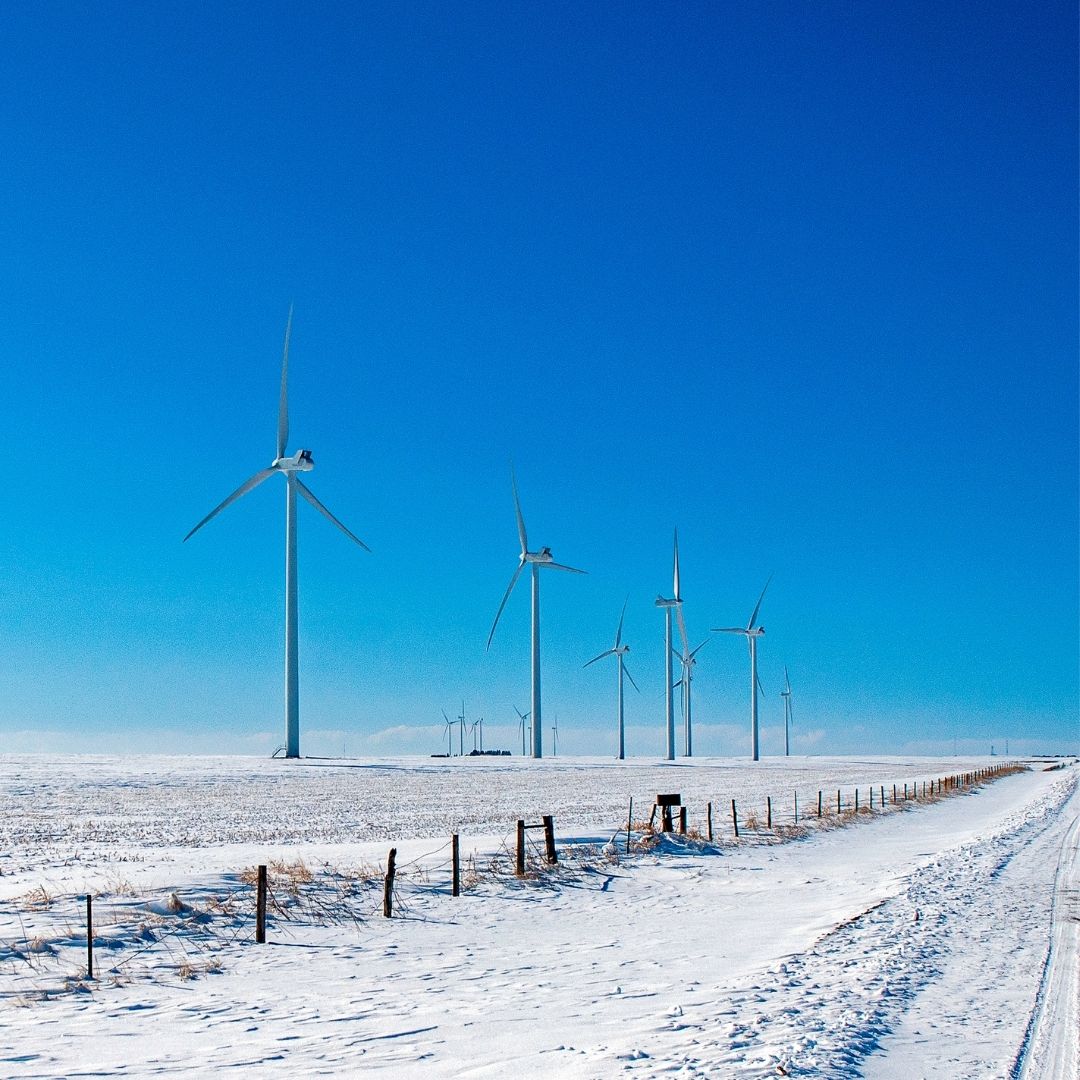 | How to save Iowans billions and reduce CO2 by 90% |
| The Iowa Utilities Board has a stark question before it: should it put customers’ needs first and require MidAmerican to take action that can save customers as much as $5 billion and reduce CO2 emissions by 90 percent? IEC's staff attorney Mike Schmidt tackles this topic as it relates to recent findings from respected industry firm Synapse Energy Economics, Inc. in a recent blog post. The model evaluated whether it was cheaper to use renewable energy or to keep running the coal plant for each year. The modeling made sure that there would be enough generation to meet peak demand and ensure reliability. The conclusion was clear: MidAmerican needs to retire its coal plants. If two were retired in 2024, two in 2025, one in 2026, and one in 2030, Iowa customers would save $1.2 billion as much as $5 billion. |
|
|
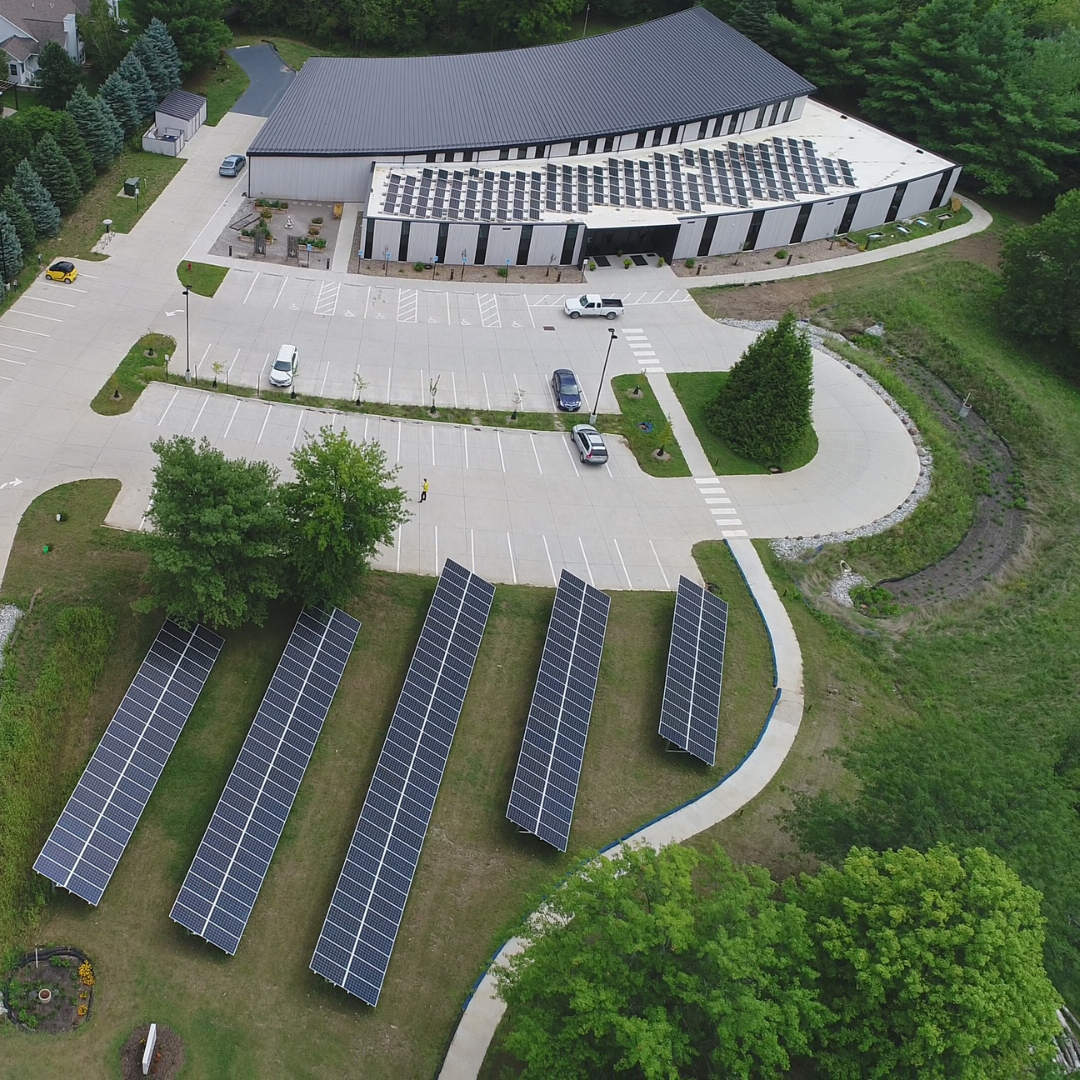 | “Greenest Church in Iowa” – Unitarian Universalist Society in Coralville, Iowa |
| In 2016, the Unitarian Universalist Society decided to construct a new home for their congregation, one inspired by their seventh principle, "Respect for the interdependent web of all existence of which we are a part.” This value compels them to take responsibility for the planet’s well-being. To achieve this, the group worked with LEED-certified architects to incorporate design principles that reflected their values, such as on-site solar energy, geothermal system, EV charging stations, energy-efficient appliances, and more. Members of the Green Sanctuary Team of UUS detailed the process of building the “greenest church in Iowa,” with us in a guest blog for 100% Iowa. |
|
|
| | | | Our Vision: A 100% Clean Energy Future for Iowa |
| 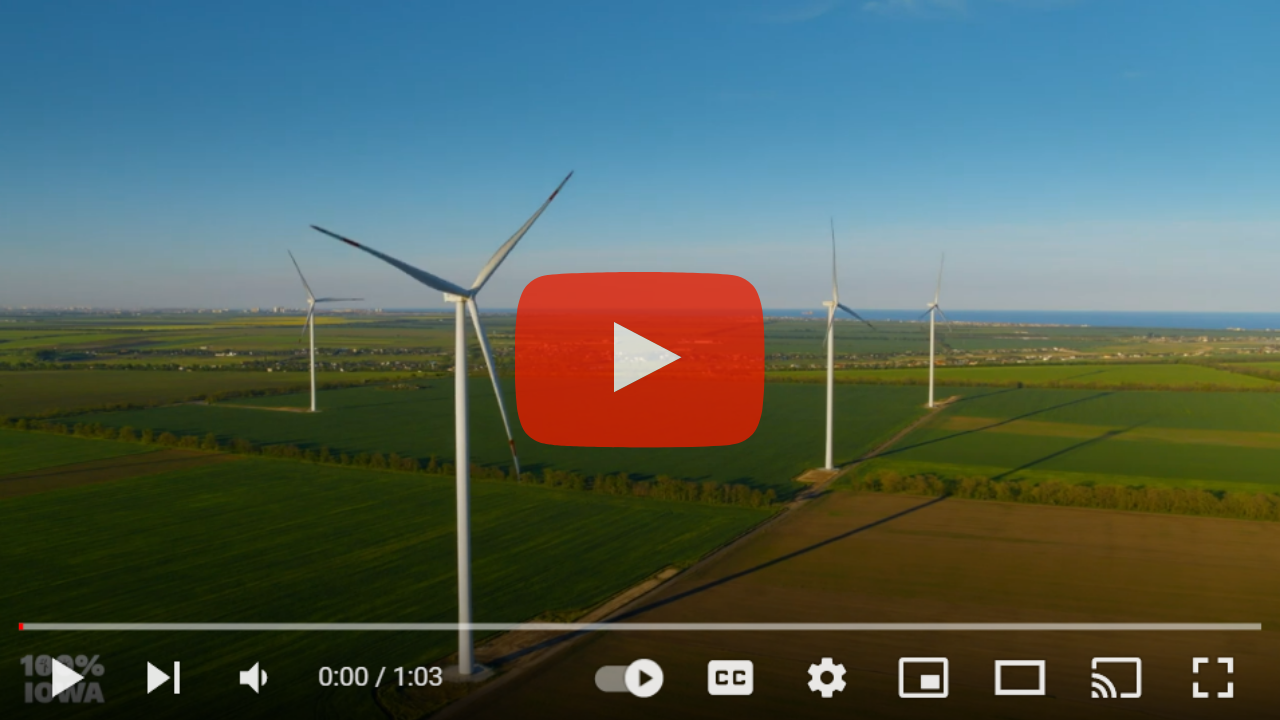 | Since our inception, 100% Iowa has sought to bring together and empower Iowans to advocate for 100% clean energy generation. Learn more about the bold, clean energy future we envision for Iowa, and learn how we can accomplish these goals together. |
|
|
| IEC Energy Events and Activities |
|  | If you like live music and mixed drinks, paired with exciting conversations and activities connected to advocacy, you should make plans to virtually attend IEC's second annual Environmental Mixology tonight, February 24 from 7 - 8:30 p.m. Attendees will enjoy live music, get instructions from our mixologist on how to mix your drinks, then enjoy a program and discussion before taking action by writing a postcard to your state legislators. |
|
|
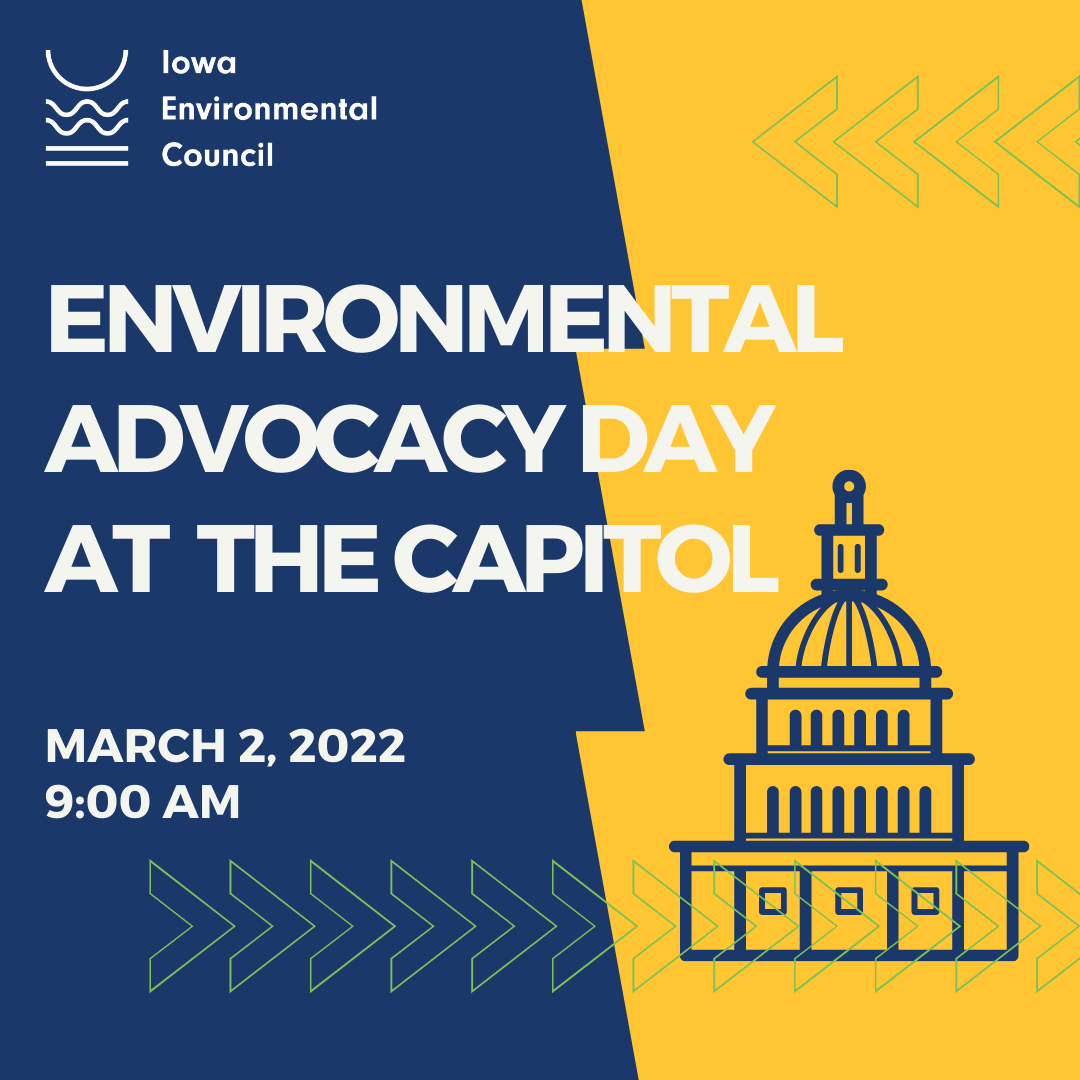 | Each legislative session presents opportunities to advocate for Iowa’s environment. IEC is returning to the hill for Environmental Advocacy Day at the Capitol on Wednesday, March 2. Partners and member organizations will table in the rotunda. This is a great day to schedule a meeting with your legislator in person, by Zoom, or over the phone. If you come to the Capitol, stop by and visit the tabling organizations. We hope to see you there! |
|
|
| | | | 505 Fifth Ave. Suite 850
Des Moines, Iowa 50309-2317
515-244-1194 |
|
|
|
|
|